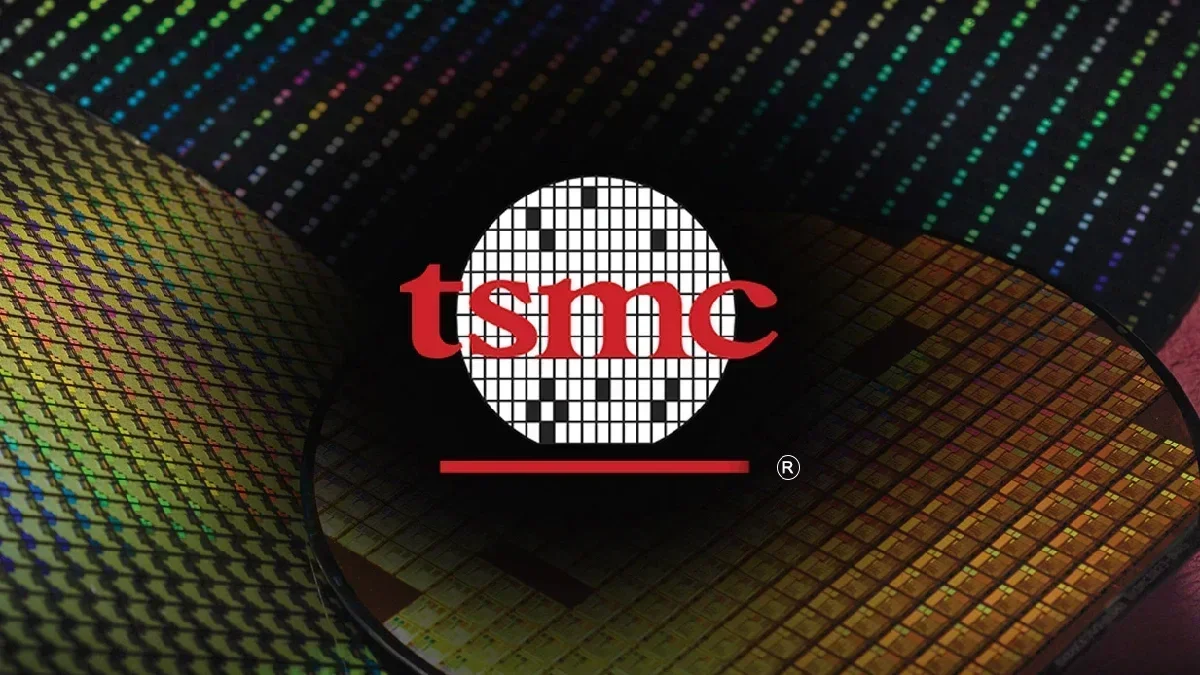When you’re the top foundry in the world, you are obviously doing something right compared to the competition. Actually, you might look at this situation and ask, “What competition?” After all, TSMC’s market share of approximately 67% is well above the share belonging to the second-place contract chip manufacturer, which is Samsung Foundry. The latter has only a 7.7% market share.
Prosecutors had to search the homes of some TSMC staff
Prosecutors were able to nab the six following searches conducted of homes belonging to some TSMC staff between July 25th and July 28th. The investigation now seeks to discover whether the stolen information has been released to other parties. Investigators in Taiwan searched the Taiwanese offices belonging to Tokyo Electron Ltd., a supplier based in Japan.
Today, in a related story, Japan’s Nikkei reported that TSMC fired several employees who were working at the foundry while trying to obtain critical and proprietary information about TSMC’s 2nm chip development. TSMC told the Nikkei that recently it “detected unauthorized activities during routine monitoring, leading to the discovery of potential trade secret leaks.” The foundry also stated that it took “strict disciplinary actions against the personnel involved and has initiated legal proceedings.”
Media reports are calling the crime committed by the insiders an attack on national security. The Intellectual Property Branch of the High Prosecutors Office of Taiwan is conducting its investigation under the National Security Act of 2022. This Act is designed to prevent sensitive technology, especially tech related to semiconductors, from falling into the hands of foreign adversaries.
“TSMC maintains a zero-tolerance policy toward any actions that compromise the protection of trade secrets or harm the company’s interests. Such violations are dealt with strictly and pursued to the fullest extent of the law.”
-TSMC
The Taiwan government has created a list of what it calls “National Core Critical Technologies,” which includes technology used to produce integrated circuits (ICs) more advanced than 14nm. Obviously, equipment and technology used to produce 2nm ICs would be on this list. Reproducing, disclosing, and using trade secrets related to the list without authorization is a violation of the National Security Act. This is the first case involving semiconductors to be prosecuted under the Act.
TSMC wants to protect its “competitive advantage”
While TSMC has taken actions to protect its trade secrets, TSMC Chairman and CEO C.C. Wei has said that his foundry’s technologies are difficult to duplicate. The company added that it will continue to strengthen its monitoring systems and it will continue to work with the relevant regulatory agencies “to protect our competitive advantage and operational stability.”
A statement from the prosecutors office released today confirmed that said that TSMC had conducted an internal investigation and that “TSMC discovered that its national core technology trade secrets had been allegedly illicitly obtained by a former employee in collusion with current employees.”








